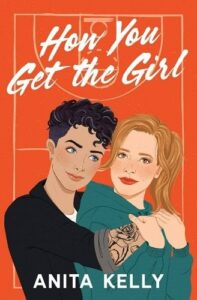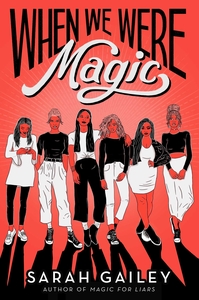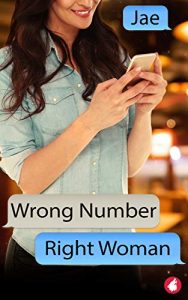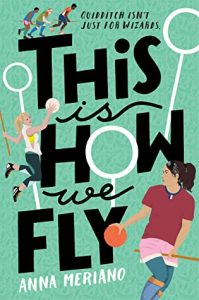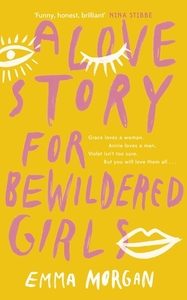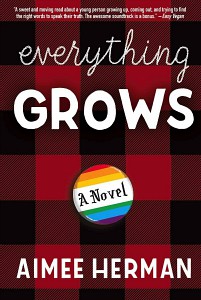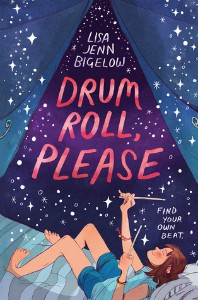Buy this from Bookshop.org to support local bookstores and the Lesbrary!
While coaching East Nashville High’s girl’s basketball teen, Coach Julie Parker expects passionate players and quick springs, not for the star of her fantasies, ex-WNBA baller Elle Cochrane, to show up with the niece she’s fostering. Despite being all heart-eyed and tongue-tied, Julie convinces Elle to become her assistant coach, allowing Elle to keep an eye on her niece. Neither expects sparks to fly along with basketballs shooting across the court, even as Elle helps Julie navigate the unfamiliar terrain of dating. Will they continue sitting on the sidelines of their own lives, or finally take a shot?
Dear Anita Kelly. Thank you. Thank you for a story about two beautifully, vulnerably queer women who are so real and authentic and layered. What easily could have been a trope-filled sapphic sports romance is instead a stunning exploration of identity, mental health, and personal growth. Bear with me, Lesbrary readers, as I try to find my words. This story started with Julie’s megawatt heart-eyed celebrity crush and a little forced proximity, but it became so much more. Between her queer twin and best friend, Julie always thought she was a little behind in defining her queerness, but there’s no timeline, no deadline. She always struggled to find her label, her place (only to realize they’re just… whatever!), and it’s not until Elle steps into her life and throws her out of her comfort zone that Julie gets the chance to grow into herself. I also adored that Jules couldn’t fully pick one label (“15 percent general queer, 10 percent lesbian stereotype. 20 percent ace, 55 percent dumbass.”) because identity is in fact a spectrum. She does mention the possibility of being demisexual at one point, which my girlfriend identifies as, and honestly… I don’t think I’ve ever seen a character recognize that as an option before. To say it brought tears to my eyes is an understatement.
In a way, Elle has been stuck in a comfort zone, too, until she starts fostering her niece and coaching alongside Jules. Elle is so patient with Jules, so willing to step back and give Jules the chance to process her own thoughts, recognize her own needs. There’s a give and take to their relationship: when one falters, the other steps in to help them find their balance again. There are so many layers to this story: “There’s this idea embedded into our culture of getting over things,” “Maybe all love is a surprise, followed by practice,” “You can be happy and still feel like you don’t really know what you’re doing.” There’s so much to appreciate in the little lessons these women learned. Together. (If we’re keeping track, I cried three times while reading this book: when seeing “demi,” at the news clipping, and during Jule’s speech. I need more tissues now, thank you.)
There is one topic I wish received a little more attention, namely because it isn’t discussed often enough. Elle meets with the school’s weights guy, who assumes all the players on the team are girls: “the ingrained hierarchy and immovable binary of most sports.” Elle and Julie made a “space for any player who wanted to put in the work, regardless of their identity.” Kelly mentions fighting for equality in sports within her acknowledgments, but I do wish we’d seen a little of that fight as a source of conflict within the book.
The story is a bit slow at the beginning, but once it finds its momentum, it GOES. I will say I wasn’t aware this was a duology when I grabbed this ARC, but the references to the previous story weren’t so heavy that you can’t enjoy this one as a stand-alone.
Recommended to all readers, whether you’re looking for a sports romance, sapphic romance, or simply a good book with lots of mental health love. This one is going to stay with me for a long while.
Rating: ⭐⭐⭐⭐
✨ The Vibes ✨
🌈 Sapphic Ship – Lesbian/Demi
💞 Fake/Practice Dating
🏀 Sports/Workplace/Forced Proximity Romance
🏆 Mental Health Rep
📚 Part of the Nashville Series
🏆 Contemporary Romance
🏀 Dual POV
💞 Smut
🌈 Queer Main & Side Cast
💬 Quotes
❝ Any relationship that’s worthwhile, whether it’s friendship or romantic or sexual, only really works when you try. ❞
❝ But that when it came to identity, when it came to queerness, the whole point was that there were no tryouts. If you were even thinking about it, you were already on the team. That labels weren’t meant to confine, only to bring comfort to those for whom they were useful. That Julie didn’t need to ascribe to any of them, if she didn’t want to. ❞
❝ “There’s nothing wrong with you, Julie,” Elle said in that same half-whisper that was slowly going to kill her. “You’re not behind on anything. There’s nothing for you to be behind on. There’s nothing, and no one, you have to track your own life by.” ❞
❝ Maybe all love was a surprise, followed by practice. A step out of comfort zones, followed by hard work. Lurking in all the places you didn’t expect, places that become a forever part of you. ❞

